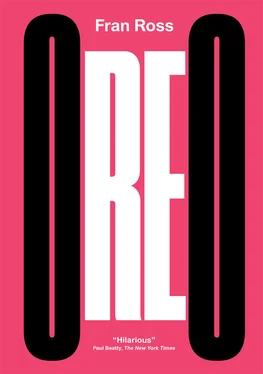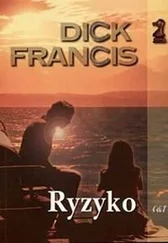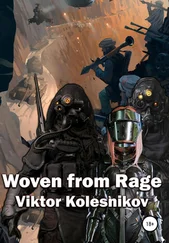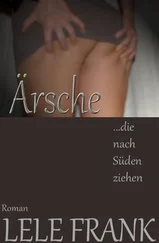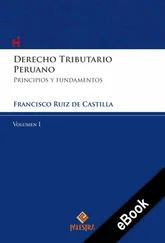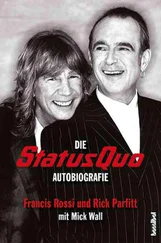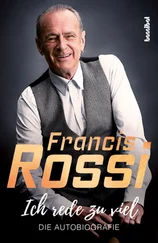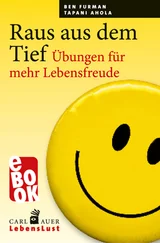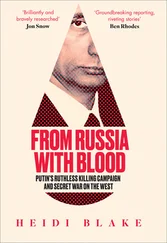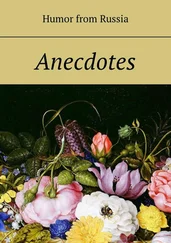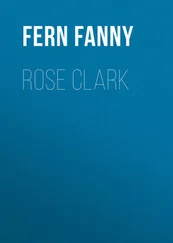Flo motioned Oreo over to ask that she watch the charcoal fire they had just started in the grill while she and Moe went to the bathroom. They didn’t want little Joe poking at it.
“Whatever you do…,” said Moe.
“I beg of you…,” said Flo.
“… don’t let the flame go out…”
“… scout.”
Moe had obviously learned his lesson. He had left long pauses for Flo’s lines.
Oreo turned to the fire as they walked off. Groovy, she thought, a sacred flame to tend. She noticed that the Does’ charcoal briquettes were about the size of Chiclets.
“It’s starting to go out,” Joe complained. He was staring at the flames with pyromaniacal intensity.
“Oh, shut up. It is not.”
“Boy, will they be mad when they come back and see that you let the fire go out. It has to be a certain heat for what we’re cooking.”
Oreo looked at the fire. It was dying down. She had never tended a charcoal grill before. She couldn’t let the flame go out and scrock up her sacred trust. A failed fire tender? Never! Now, what had Flo done to get the fire going? Oreo had seen her pour some stuff from a red can over the black Chiclets. Oreo took the can and gave the dying flames a generous dousing. With a phoenix tune, the flames sprang back to life and shot up the side of the can, just in front of Oreo’s hand. Whoosh, whoosh! flapped the wings of the phoenix as the flames soared several feet straight up from the nozzle of the can. With unseemly haste, Oreo set the can shakily on the ground. It teetered and finally fell, sending a weed of flame scuttering through the dry grass. Oreo started for the can, hesitated, started again, and finally dashed forward to right it on a flat rock. Flames thrummed merrily from the nozzle.
Oreo backed off to survey the situation. “ Oi vei , you mothers,” she said to the scampering flames. She turned quickly. Joe was a safe distance away behind a tree, his shifty eyes wide with excitement and glee. He was laughing at Oreo. Oreo ran first to the weed of flame and danced on it. Her sandal caught fire. She slipped it off her heel and flung it away. It hit a scabby sycamore and fell into some grass beckoning from a fork of the tree. The grass caught fire. Joe was in a pyrophilous frenzy over Oreo’s concatenating combustions. As she hopped about putting them out one by one, she knew that she was avoiding the main problem. She could hear the murmurs of the unsuspecting recreators — who might soon be piecemeal all over the foliage because Oreo was chicken shit!
She was stamping out the last small fire when she forced herself to face the red can with its high-powered Whoosh whoosh! She calculated her chances. “If it hasn’t exploded yet, it probably won’t explode. On the other hand, since it hasn’t exploded yet, it’s probably ready to explode. If I blow, who knows how wide an area might go if it should blow? On the other hand, it certainly would be dumb if I were to go over there and do the heroine bit, save everybody in the park, and get blown up myself. I mean, I don’t even know these people.”
In the time it took to read all that, Oreo had run over to the Does’ camping equipment, picked up a wee potholder in the shape of a wee mitt, shoved it on her index and middle fingers, flung herself at the can, and cut off its thrum in flagrante . Oreo smiled. Chicken shit my Aunt Minnie!
Joe looked disgusted. The only flames he had going for him now were the ones on the charcoal grill, the original sacred flame. He ran over to the grill hungrily.
Just then, Flo and Moe came back. They thanked Oreo for keeping the fire going.
“Heh, heh,” Joe snickered.
“Before we sup…,” said Flo.
“… please fill this cup,” Moe told Joe. He was stretching a point to make the rhyme. The “cup” was a bucket.
“It’s what we need — don’t you feel?” he said to his wife.
“Oh, yes, indeed — to make our meal.”
“We almost needed some water for this whole place,” Joe said, smiling nastily at Oreo. He went off swinging his bucket and whistling a medley of gypsy tunes.
Oreo asked the couple what they were fixing that required the special temperature that Joe had mentioned. But of course: braised dog biscuits. The Does said that dog biscuits were the perfect food for small campers. They had all the vitamins and minerals for the adult midget minimum daily requirement, they were lightweight, easy to pack and carry, and they were tasty. Braising over a hot charcoal fire brought out their subtle flavor.
Oreo made a mental note to tell Louise. But why this preoccupation with dogs? she wondered. Dog whistles, dog biscuits.
“You see things from their point of view…,” said Flo.
“… down amidst all this do-do,” said Moe, lifting his leg high as he walked over the grass.
That night
On her afternoon walk, Oreo had discovered the Seventy-ninth Street Boat Basin, where private yachts, speedboats, and houseboats were moored. She thought it would look pretty at night and was headed there when she heard music. Somewhere near the boat basin a rock group was working out. As she walked along the esplanade toward the boats, the music seemed to come from above her. Several people were going up the steps that led from the esplanade to an undomed rotunda, the upper perimeter of which served as a traffic circle for cars entering or leaving the West Side Highway at Seventy-ninth Street. The rotunda itself was a pedestrian underpass of the highway exit; its archways encircled a large central fountain. Earlier that day, Oreo had watched children and dogs playing in the fountain under black and white signs that read:
NO
PERSONS
ANIMALS
PERMITTED
IN WATER
That afternoon, strollers had sauntered coolly through the frescade of overlapping shadows cast by the archways. Now, for some reason, no one was allowed access to the rotunda from the esplanade.
Oreo and several other people backtracked through the park and went to the upper perimeter of the rotunda, darting through the circling traffic to get to the narrow ledge that formed the base of the waist-high upper wall. They looked down on a rothschild of rich people (dancing), round tables (sprouting beach umbrellas), and rock groups (playing at opposite arcs of the stone circle).
None of the onlookers seemed to know what was going on, so Oreo crossed the traffic circle, ducked under the chain draped across the steps leading to the rotunda, and joined the party. No one questioned her as she wandered around tasting canapés and reading place cards. A few movie and television personalities walked by and pretended to know her when she pretended to know them.
She was about to leave when a boy of about eighteen — tall, thin, and supercilious in his black tie and white dinner jacket, with a nose as pointy and put-upon as an ice cream cone — asked her to dance. They were essentially dancing by themselves, one occasionally glancing at the other to see whether the other saw what a good dancer the glancer was.
Finally Oreo said, “I've been to so many benefits lately, I can’t keep track.”
“Tay-Sachs.”
“Christine Clark.”
“No, dear, that’s the name of the disease this little party’s in aid of.”
“Never heard of it,” said Oreo.
“Of course not. It’s virtually exclusive to Jews — Ashkenazim.”
“ Nu , I’m half Jewish.”
“Half a loaf is better than none.”
“And sickle-cell anemia to you.”
“Never heard of it,” he said.
“Of course not. It’s virtually exclusive to blacks — gesundheit.”
“Some people have all the luck.”
“Well, mine has obviously run out — I met you. But half a wit is better than none.”
Читать дальше
